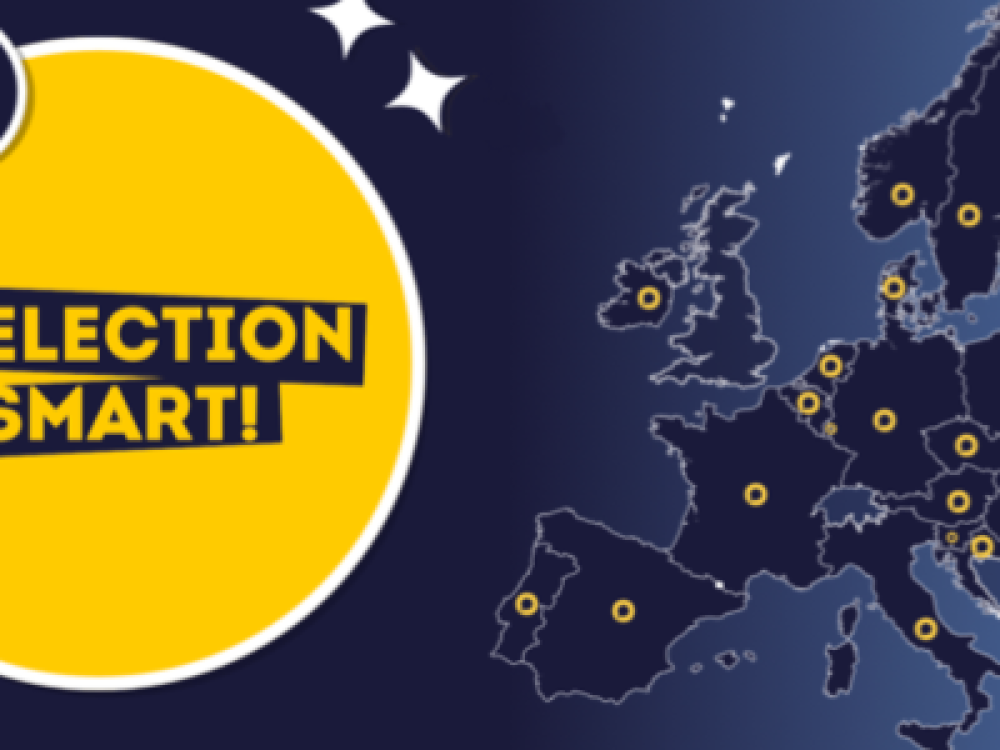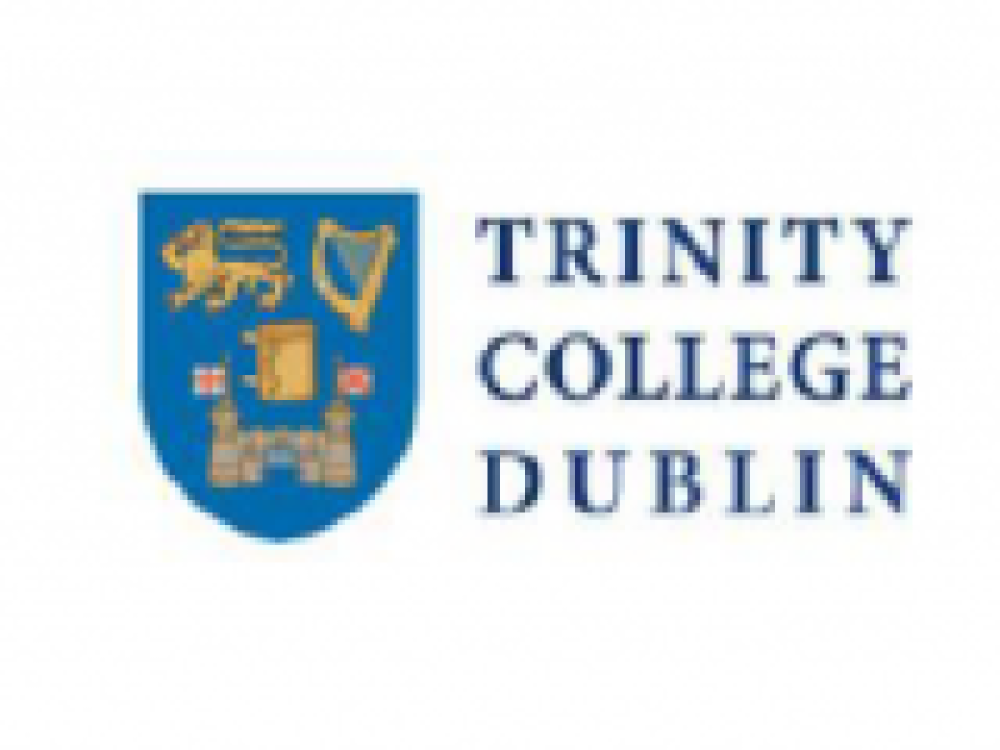DCU’s Niamh Kirk has launched a crowdsourcing project to fact-check the general election campaign. As Niamh explains, “the idea is to create a bridge between researchers and voters by pooling expertise in various fields to bring more context and clarity to the claims being made by politicians in the media over the next few weeks.”
#GE16Facts will be a repository for fact-checks relating to claims made in TV debates, speeches, radio interviews and news articles. Niamh is hoping that Irish social media users will participate by highlighting claims that might be questionable and linking to relevant data or reports. “Many of us who are following the election closely will be doing this informally anyway. The project simply asks for a little follow up by providing a link to the data, a short sentence about how it was used and adding #GE16Facts to your Twitter, Facebook or Instagram post”. The collected fact-checks will be published on the project website each day.
The US and UK already have dedicated fact-checking initiatives for politics and media. I asked Niamh if this is the first-step towards establishing a similar initiative in Ireland.
Where did the idea for fact-checking the election come from?
I’m very passionate about the idea of an independent body proactively working on behalf of the public and news media consumers. At December’s News Impact Summit in DCU, Joseph O’Leary of Full Fact ran a fact checking and verification workshop which illustrated the ease with which inaccurate claims and data slipped into the news during the UK elections. With an election of our own looming, I thought there was a lot of value in establishing an independent initiative to highlight similar issues in Irish election coverage. Even just creating a resource for the research and data upon which claims are made can help inform citizens and news consumers about the quality of election coverage.
What are the difficulties in setting up a fact-checking project?
Mr O'Leary and Full Fact make it look easy but there is a tremendous amount of work involved in organising experts and planning and undertaking a systematic fact checking process, particularly at election time. I had initially hoped to emulate the work of fact-checking NGOs in the USA and UK but the resources were not available to establish a dedicated body even though many people were interested in getting involved. I would like to extend my thanks to those in DCU who tried.
With #GE16Facts as an alternative, I am hoping that there are many more people as interested as me in fact-checking and that by starting as a small crowd sourcing project, it will evolve in to something bigger over time.
How will the fact checking work?
The process is fairly simple and most of us who will be following the election campaign closely will be posting comments and reviews of media coverage anyway. #GE16Facts will create a central repository for all of this. When you identify a distorted or badly contextualised claim in the media – whether by the journalist or the quoted politician - simply post a link to the data or report with a short sentence about why the claim might be questionable. Similarly, if you think a claim is right but you disagree with how it is being interpreted, send this on too. Statistical data and quantitative analysis are not straight-forward stuff and discussions about how data is used can sometimes help reveal ambiguities or errors in data and data collection. #GE16Facts is interested in anything that helps keep Irish media consumers better informed about the quality of the news they are getting.
Who do you hope will use the site?
I hope that the website will be of use to people who are trying to make sense of the deluge of claims that are made in the media over the coming weeks. It is also aimed at anyone interested in adding to the election coverage by adding some context or clarity to debate. Large volumes of election campaign coverage can become confusing. There is a lot of information, not all of it is accurate and some of it is conflicting and so anything that adds clarity is welcome.
Niamh Kirk is a PhD researcher at the DCU School of Communications.
For more GE16 media resources, see FuJo's GE16 Tools and Resources.
Subscribe to FuJo's Newsletter.





